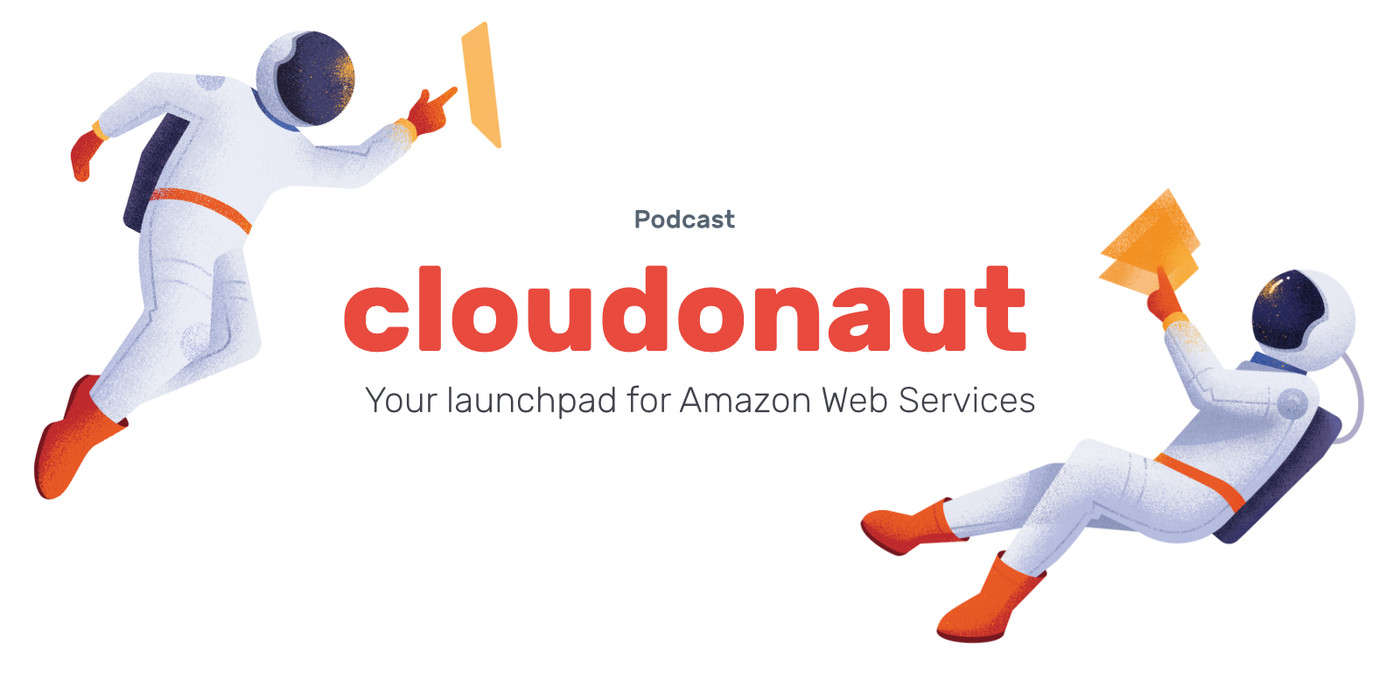It seems to me like everyone is talking about service meshes these days - definetly a hot topic in the world of containers and microservices. A service mesh promises reducing latency, increasing observability, and simplifying security within microservice architectures. AWS announced a preview for App Mesh in November 2018 and the general availability in March 2019. Therefore, it is about time to take a closer look at App Mesh. As always, my review focuses on the technical details and educates about pitfalls. There is a lot more to know about the service than written on the official marketing page or demonstrated by technical evangelists.
